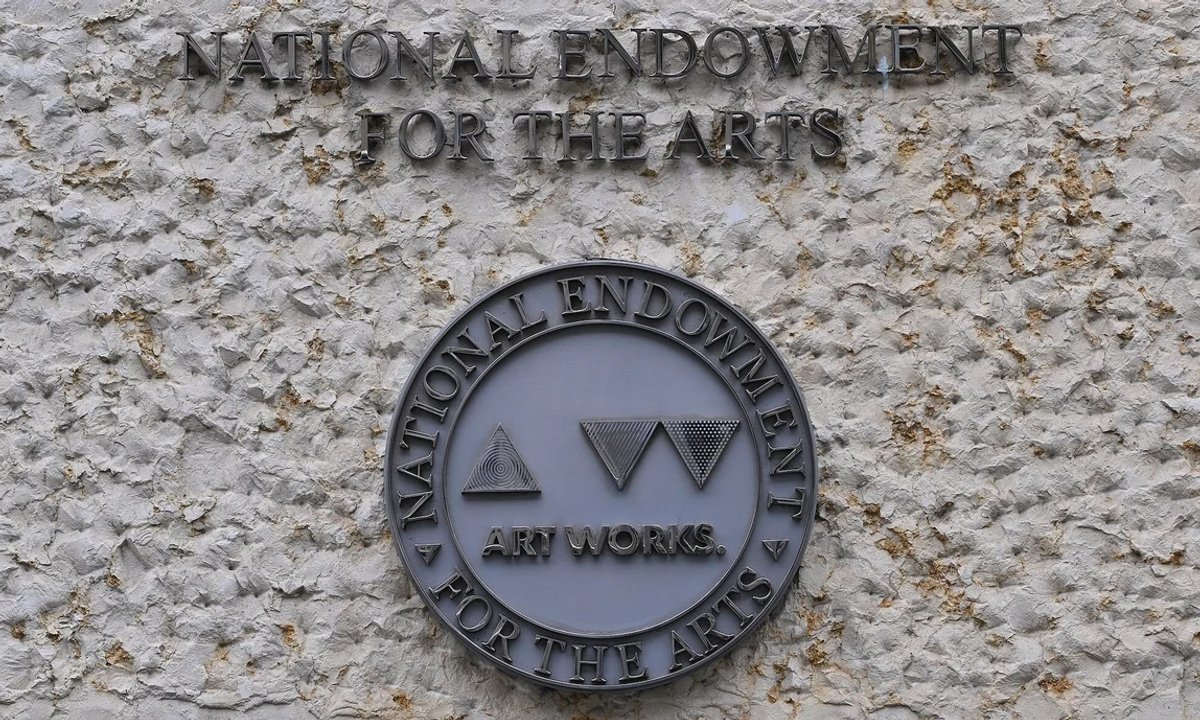
"The lawsuit, filed in March by a group of arts organisations, pushed back against policies the NEA adopted stipulating that federal funds "shall not be used to promote gender ideology". After the lawsuit was filed, the NEA softened the terms of its "gender ideology" policy, stipulating in a " final notice" that the chair of the endowment would review grant applications on a "case-by-case" basis "for artistic excellence and merit including whether the proposed project promotes gender ideology"."
"The changes to the NEA's grant-making policies were adopted following an executive order Trump signed on the first day of his second term(20 January), titled " Defending Women From Gender Ideology Extremism and Restoring Biological Truth to the Federal Government". It defined "gender ideology" in part as "the false claim that males can identify as and thus become women and vice versa"."
"The organisations that filed the lawsuit include Rhode Island Latino Arts and the New York-based National Queer Theater, which stated that they had supported or produced work by transgender individuals. The suit argued that the new regulations violated their First Amendment rights, potentially barring them from seeking grants "on artistic merit and excellence grounds". The American Civil Liberties Union (ACLU) supported the suit."
A federal judge in Rhode Island ruled that a National Endowment for the Arts policy of reviewing grant applications for compliance with a presidential executive order on "gender ideology" violated the US Constitution. Arts organisations filed a lawsuit in March challenging NEA rules that federal funds "shall not be used to promote gender ideology". The NEA later softened its policy, saying the chair would review applications on a case-by-case basis for artistic excellence and merit including whether a project promotes gender ideology. The executive order defined "gender ideology" as the claim that males can identify as and thus become women. Plaintiffs include Rhode Island Latino Arts and the National Queer Theater; the suit argued the rules violated First Amendment rights and the ACLU supported the challenge. The ruling referenced the 1965 law creating the NEA, advising grants be awarded on talent alone, irrespective of artists' viewpoints or messages.
Read at The Art Newspaper - International art news and events
Unable to calculate read time
Collection
[
|
...
]